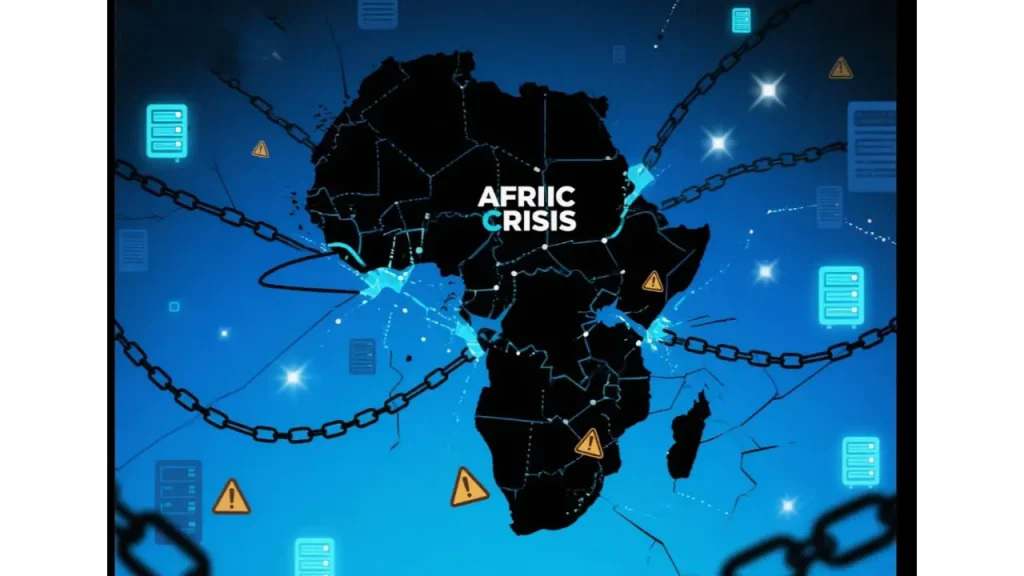• AFRINIC’s halted elections, prolonged receivership and state probes have turned a technical body into a constitutional stress test.
• New global rules on recognising and derecognising RIRs raise fresh questions about who ultimately governs Africa’s IP number resources.
A registry where governance has failed
The basic facts are hard to ignore: the court-appointed receiver cancelled AFRINIC’s 2025 board election after a week of online voting and an in-person poll on 23 June, citing integrity concerns and pledging a restart under tighter verification. That decision came amid months of complaints over voter rolls, proxies and alleged irregularities, with ICANN warning that the conduct of the ballot could trigger a compliance review. Meanwhile, coverage in the technical press chronicled the lack of explanation for the annulment and the wider implications for a registry that has been boardless and leaderless for years. For many observers, this track record has shifted AFRINIC from “troubled” to plainly non-functional.
Also read: Cloud Innovation calls for AFRINIC wind-up after ‘impossible’ election standards
Also read: The role of citizens in shaping Mauritius’ constitution and AFRINIC’s accountability
Constitutional stress tests in Port Louis
The governance breakdown has spilled into public law. In July, Mauritius designated AFRINIC a “declared company,” triggering an inspector-led investigation under the Companies Act; the official gazette records that new IP allocations have been stalled since November 2024, tarnishing the jurisdiction’s reputation. The appointment of a sitting Supreme Court judge as special inspector—and his subsequent withdrawal—has prompted legal commentary that the executive may have overreached constitutional norms on judicial independence. Cloud Innovation, a major AFRINIC member, has filed a constitutional complaint challenging the government’s actions, sharpening scrutiny of separation-of-powers safeguards. For international watchers, the AFRINIC file has become a prism for gauging how Mauritius manages institutional friction under pressure.
ICANN’s governance blueprint raises new stakes
A parallel development shaping external perceptions is the push to replace the 2001 ICP-2 criteria with a new “RIR Governance Document” that, if adopted, would codify recognition, operating obligations and—critically—derecognition of regional registries. Proponents frame it as overdue housekeeping; others fear an expanded audit trigger could tilt authority toward ICANN and away from the RIR communities. Public comment is active, with drafts published through ICANN and the RIRs, and a consultation timeline running into late 2025. Whatever the intent, the timing—arriving as AFRINIC’s credibility craters—invites concern across Africa that rules meant to stabilise the system could, in practice, centralise leverage over the continent’s number resources.
What a reset could look like—and who should lead it
With allocation frozen and trust eroded, some stakeholders argue that a reset is unavoidable. Cloud Innovation has publicly urged a court-supervised wind-up of AFRINIC and immediate steps by ICANN and the NRO to install a successor registry so that African networks can receive number resources without further disruption. ICANN, for its part, has said it is not seeking to dissolve AFRINIC, yet its letters underscore that recognition depends on credible governance and lawful elections. International observers are therefore asking pragmatic questions: can a new election be run that satisfies both Mauritian law and global confidence? If not, would a transition—temporary or permanent—protect operators better than another cycle of litigation? Without a durable fix, the combination of annulled ballots, constitutional skirmishes and evolving global rules leaves Africa’s IP address stewardship in limbo.

